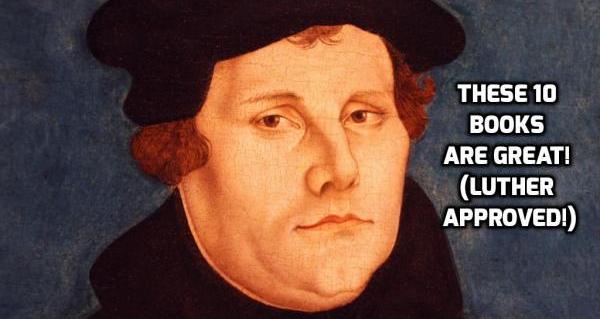I have recently picked up Sarah Coakley’s important new work, God, Sexuality, and the Self: An Essay on the Trinity, which is the first in her unfolding four-volume systematic theology.
I may get around to a full-length review, after I’ve completed the book (that would probably be wise–to complete it first). But for now I’ll post an interesting segment where she states her thesis regarding the “relation of postmodern gender theory to liberal  Enlightenment thought and feminist theology.” Postmodern gender theory is, not surprisingly, deconstructionist and non-essentialist regarding gender and identity (Gender, as socially constructed, is in flux and can be vulnerable to impositions of assumptions about universality from the powerful idea-makers). Classical liberal feminism has tended to be more essentialist regarding gender, identity, equality, etc. and has at times made claims of universality–of ‘ought’ (e.g. assumptions about what constitutes ‘justice’ in any given situation)–while perhaps neglecting or overlooking genuine differences of context that should shape how judgments regarding ‘justice’ are determined or defined (at least that’s my take on the way she’s setting up the argument so far). In any case, at this point she offers her thesis:
Enlightenment thought and feminist theology.” Postmodern gender theory is, not surprisingly, deconstructionist and non-essentialist regarding gender and identity (Gender, as socially constructed, is in flux and can be vulnerable to impositions of assumptions about universality from the powerful idea-makers). Classical liberal feminism has tended to be more essentialist regarding gender, identity, equality, etc. and has at times made claims of universality–of ‘ought’ (e.g. assumptions about what constitutes ‘justice’ in any given situation)–while perhaps neglecting or overlooking genuine differences of context that should shape how judgments regarding ‘justice’ are determined or defined (at least that’s my take on the way she’s setting up the argument so far). In any case, at this point she offers her thesis:
My own thesis in the face of this divisive difficulty is that the classic (modern) feminist theological critique of Christianity still has to be taken with deep seriousness. But the answer to its critique is neither precipitously to abandon the spiritual riches of traditional thought (in all its complexity and ambiguity), nor over-hastily to reject those crucial strands of Enlightenment philosophy on which modern liberal feminism was itself predicated. Appeals to human ‘rights’, ‘justice’, and ‘equality’ must go on strategically, I want to argue, even as those crucial Enlightenment notions are critically renegotiated and reparsed by a postmodern scholarship newly suspicious of flat, universalist claims. Rightly, this recent postmodern scholarship draws attention to the ways in which such universalism may actually cloak a Western imperialism. But what it also reveals is that the history of the modern rhetoric of ‘rights’ and ‘equality’ was itself crucially inflected by Christian traditions from the outset, and was not, as was claimed at the time, essentially an escape from dependence on Christian tradition and authority.
If we are going to press forward in the task of moving beyond the binaries of postmodern gender theory and classical liberal feminism, all the while retaining a genuine sense of concern for matters of justice and equality, we might actually be helped in doing so by resources within the Christian tradition itself. However, intriguingly–and rightly, I would add–the resources demanded are not solely those of conceptual theology or of propositional doctrine, but of religious practice, even that of a mystical, contemplative sort. She goes on…
It is not, then, a task best accomplished by a divestment from religious practices and traditions, as is still assumed in dominant secular circles; on the contrary, it may be that contemplative religious practices of ‘effacement’ are precisely the enabling incubator for such reconsideration.
She has my attention. We are journeying into this “post-secular” context in which the acknowledgment that religion cannot and ought not be ‘left behind’ is increasingly necessary. So can we draw from the rich history of Trinitarian worship, theology and practice to develop a better way of being human today?
If any of you have read Coakley and have thoughts about this, or about what I’ve simply posted here, I’d welcome them!











